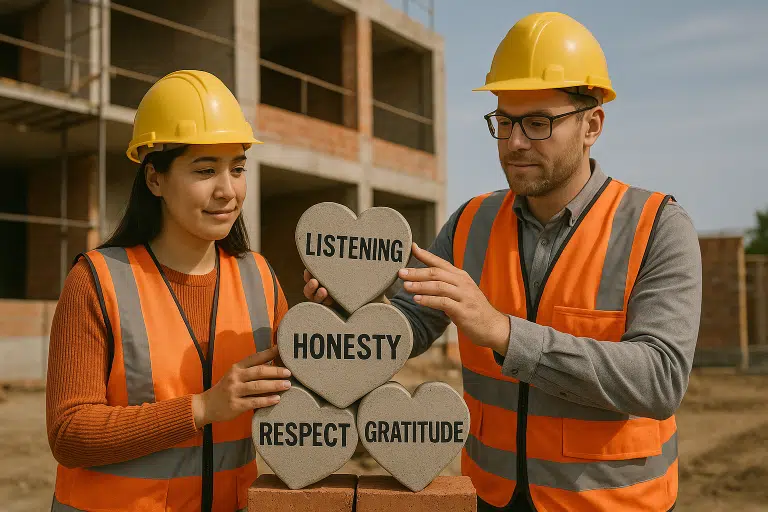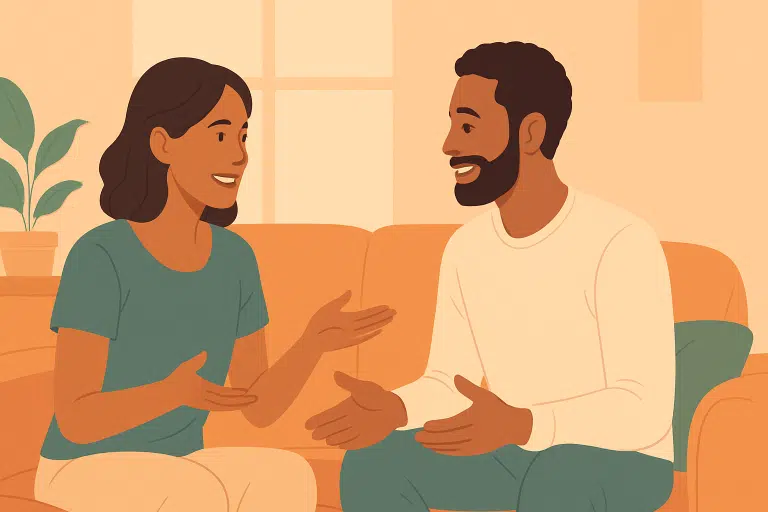For many, just bringing up the idea of counselling can feel daunting. You may want to improve your relationship but face the challenge of convincing your partner to attend. If you are reading this, you may feel that things have shifted in your relationship, and you want to address it before issues deepen. However, you may worry about how your partner will react.
Couples counselling can be a transformative tool to help restore and strengthen your relationship. When both partners are willing to engage fully, the benefits of therapy can be profound. However, it is not uncommon for one partner to feel hesitant, especially if this is their first experience with therapy. If you’re ready to consider couples therapy but unsure if your partner will be open, here are some steps to approach the conversation:
1. Communicate Your Feelings
Find a quiet moment where you can talk without interruptions. Share why you think counselling would help, focusing on your own feelings rather than placing blame. For example, say, “I feel overwhelmed managing everything in the house” rather than “You don’t help enough.” Allow them time to process your words without expecting an immediate response. If things get tense, consider taking a break and revisiting the conversation later.
2. Listen to Your Partner
If they have reservations, listen openly. Understanding their concerns—whether about finances, time, or discomfort with therapy—can help you address these practically. For example, if finances are a concern, you can explore therapy options within your budget. Also, let them know that therapy will involve growth on both sides.
3. Highlight the Benefits for Both of You
Use “we/us” language to emphasize that counselling will benefit the relationship, not just one person. Let them know that therapy is not about placing blame but about fostering growth and mutual support. Reassure them that counselling can address various aspects of your relationship, from communication to deeper issues like trust, intimacy, or parenting conflicts.
4. Find a Counsellor Together
Choosing a counsellor together can help make the experience feel more collaborative. Ask if they have any preferences—whether they would feel more comfortable with a male or female counsellor, in-person sessions, or online options. Finding someone who aligns with both your goals can make therapy feel more inviting. Planning to choose a therapist together and setting goals collaboratively can foster optimism and shared commitment.
5. Be Patient
Rushing your partner can create resistance. Counselling only works when both partners are committed to the process. Encourage your partner gently but avoid pushing too hard, as this can negatively impact the experience. Remember, therapy is most effective when both parties are willing and open to positive changes.
Deciding to pursue couples therapy is a positive step and does not imply failure. Therapy can help you both invest in a future together, deepening your connection and building a stronger foundation for years to come.
Looking to try therapy? Click HERE for a free consultation with one of our couples therapists.












